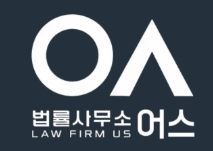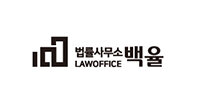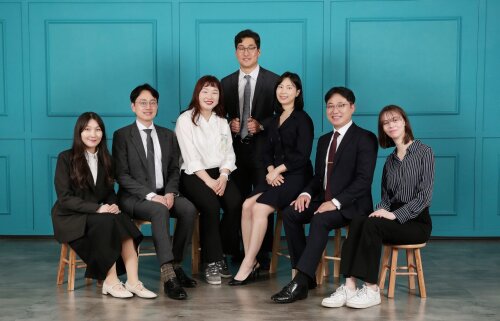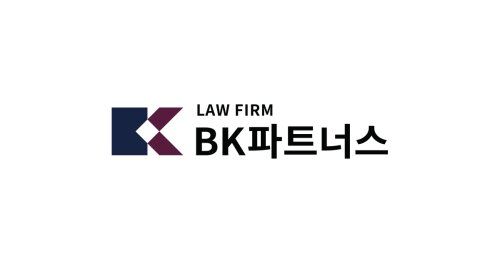Best Constitutional Law Lawyers in South Korea
Share your needs with us, get contacted by law firms.
Free. Takes 2 min.
Or refine your search by selecting a city:
List of the best lawyers in South Korea
About Constitutional Law in South Korea
Constitutional Law in South Korea is the body of law that involves the interpretation and implementation of the country's Constitution. It establishes the structure of the South Korean government, the distribution of powers between the state organs, and the protection of citizens' fundamental rights. The South Korean Constitution, first adopted in 1948 and most recently amended in 1987, is the supreme law of the land and provides a robust framework for democratic governance, rule of law, and protection of human rights. The Constitutional Court of Korea plays a pivotal role in adjudicating constitutional disputes and ensuring the constitutionality of laws and government actions.
Why You May Need a Lawyer
Engaging a lawyer specializing in Constitutional Law may be necessary in various situations, including:
- Challenging the constitutionality of a legislative act or administrative decision that allegedly infringes upon guaranteed fundamental rights.
- Seeking redress for human rights violations and ensuring such rights are protected under the Constitution.
- Addressing disputes involving the separation of powers or checks and balances among government branches.
- Navigating legal issues related to elections, political free speech, and the right to assemble.
- Intervening in cases involving constitutional interpretation and application.
Local Laws Overview
In South Korea, the Constitution is the highest source of law, supplemented by ordinances and regulations. Key aspects specifically relevant to Constitutional Law include:
- Article 10-39: Ensure the protection of fundamental rights such as freedom of speech, assembly, and association.
- Article 40-113: Outline the structure and functions of government, the judiciary, and legislative processes, ensuring the separation of powers and rule of law.
- Judicial Review: The Constitutional Court has the authority to review laws, ordinances, rules, and government actions for constitutionality.
- Human Rights Protections: A comprehensive structure emphasizing social, economic, and cultural rights, alongside political freedoms.
Frequently Asked Questions
What is the role of the Constitutional Court in South Korea?
The Constitutional Court is responsible for adjudicating the constitutionality of laws, resolving jurisdictional disputes between state organs, and deciding on the impeachment of government officials. It is a crucial institution for upholding constitutional governance.
How can I challenge a law or government action in Korea?
You may file a constitutional complaint with the Constitutional Court if a law or government action violates fundamental rights protected by the Constitution. It is typically advisable to have legal representation for such proceedings.
Are there time limitations for filing a constitutional complaint?
Yes, generally, a constitutional complaint must be filed within 90 days from the date of knowledge of the infringement or within one year of the occurrence of the alleged infringement.
Can non-citizens challenge constitutional matters in Korea?
Yes, although the rights available to non-citizens may differ, they can challenge constitutional matters, particularly when it concerns human rights violations or legal status issues.
What rights are specifically protected under the Korean Constitution?
The Constitution protects a wide array of rights including equality before the law, freedom of speech, religion, assembly, and personal liberty, among others.
How does constitutional law affect freedom of speech in Korea?
While the Constitution guarantees freedom of speech, there are limitations to address issues like defamation, national security, and public order. Constitutional challenges may arise if these limitations are perceived as overly restrictive.
What is the process for amending the South Korean Constitution?
An amendment requires a proposal by a majority of the National Assembly or the President, subsequently approved by a two-thirds majority in the National Assembly and a majority vote in a national referendum.
How are human rights enforced in South Korea?
Human rights are enforced through various legal avenues, including the courts, the Human Rights Commission, and through the work of non-governmental organizations advocative of rights protections.
Can decisions of the Constitutional Court be appealed?
No, decisions made by the Constitutional Court are final and binding, although they may set the arena for legislative changes or reinterpretation of existing laws.
How do constitutional matters impact administrative law in Korea?
Constitutional considerations are integral to administrative law, ensuring that government actions comply with constitutional mandates, including the protection of individual rights and lawful execution of duties.
Additional Resources
If you seek further information or assistance, consider reaching out to the following resources:
- The Constitutional Court of Korea for official documents and decisions.
- The National Human Rights Commission of Korea for issues related to human rights complaints and advocacy.
- The Korean Bar Association which can provide referrals to qualified constitutional law attorneys.
- Civil society organizations and NGOs focused on legal aid and human rights.
Next Steps
If you require legal assistance in the field of Constitutional Law in South Korea, consider taking the following actions:
- Contact a legal professional or law firm with expertise in Constitutional Law to discuss your situation and obtain professional advice.
- Gather relevant documents and information pertaining to your case to assist your lawyer in evaluating the situation effectively.
- Research potential legal outcomes and procedures to better understand your rights and obligations.
- Attend any consultations or meetings with potential lawyers to identify the best representation for your needs.
Seeking guidance from professionals ensures that your constitutional rights are adequately protected and advocated within the legal framework of South Korea.
Lawzana helps you find the best lawyers and law firms in South Korea through a curated and pre-screened list of qualified legal professionals. Our platform offers rankings and detailed profiles of attorneys and law firms, allowing you to compare based on practice areas, including Constitutional Law, experience, and client feedback.
Each profile includes a description of the firm's areas of practice, client reviews, team members and partners, year of establishment, spoken languages, office locations, contact information, social media presence, and any published articles or resources. Most firms on our platform speak English and are experienced in both local and international legal matters.
Get a quote from top-rated law firms in South Korea — quickly, securely, and without unnecessary hassle.
Disclaimer:
The information provided on this page is for general informational purposes only and does not constitute legal advice. While we strive to ensure the accuracy and relevance of the content, legal information may change over time, and interpretations of the law can vary. You should always consult with a qualified legal professional for advice specific to your situation.
We disclaim all liability for actions taken or not taken based on the content of this page. If you believe any information is incorrect or outdated, please contact us, and we will review and update it where appropriate.
Browse constitutional law law firms by city in South Korea
Refine your search by selecting a city.













